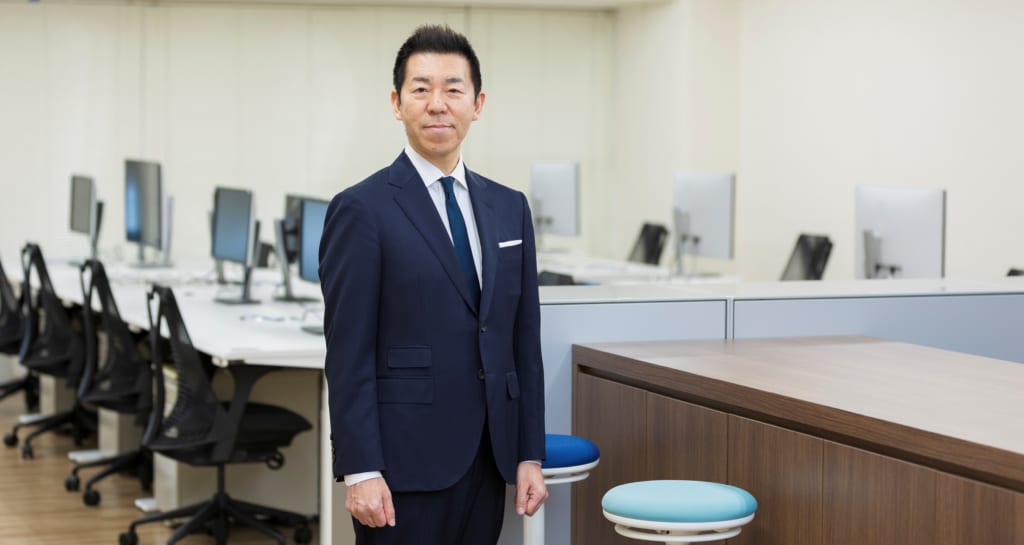Message from the CEO

Since its foundation in 2001, Mobile Factory has met many challenges―starting with the ringtone business and advertising business in the mobile internet industry, then the social app business, and also the blockchain business in recent years―and adapted the services it provides in line with changes of the times based on its mission, “To make the people of the world happy through the things we create.”
Regarding the current business environment, as a result of the change in industrial structure, digitalization, and progress of AI technology, the working environment is also changing significantly. Due to such factors, management has reached an important turning point; we are concentrating our current management resources on the mobile game business (location-based games) in pursuit of creating new value while co-existing with AI technology.
We seek to be more than a mere service provider―we want to deliver excitement. We strive to provide rich experiences to everyone with the discovery and pursuit of new excitement our employees encounter in their daily work. We will continue to take on new challenges with the mission of providing moving experiences through entertainment.
I would like to sincerely thank you for your continued support and encouragement.
CEO
